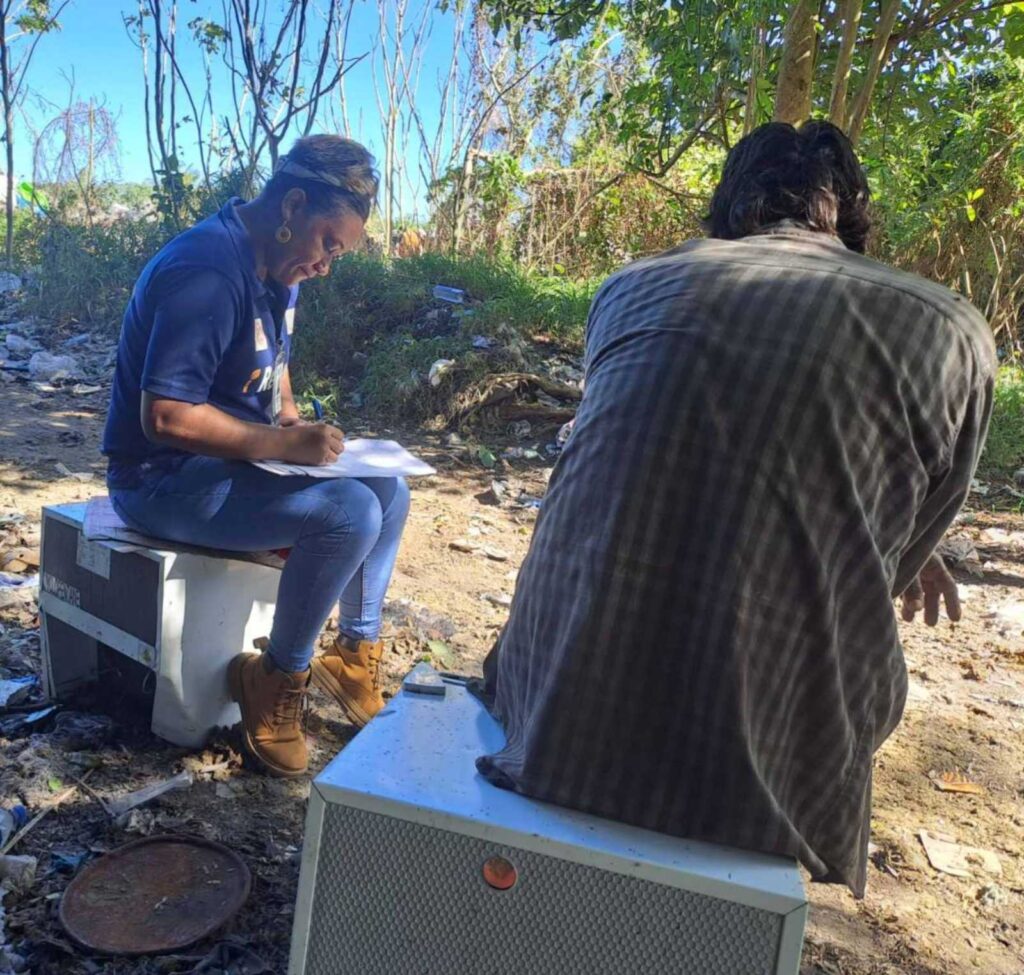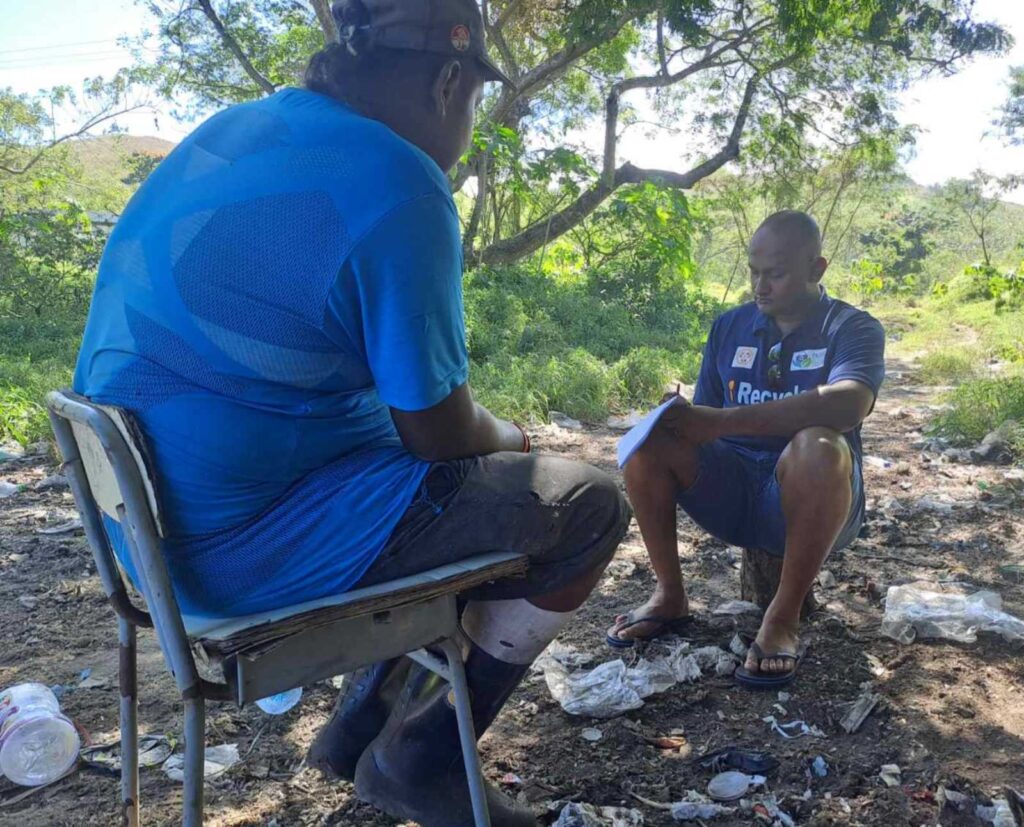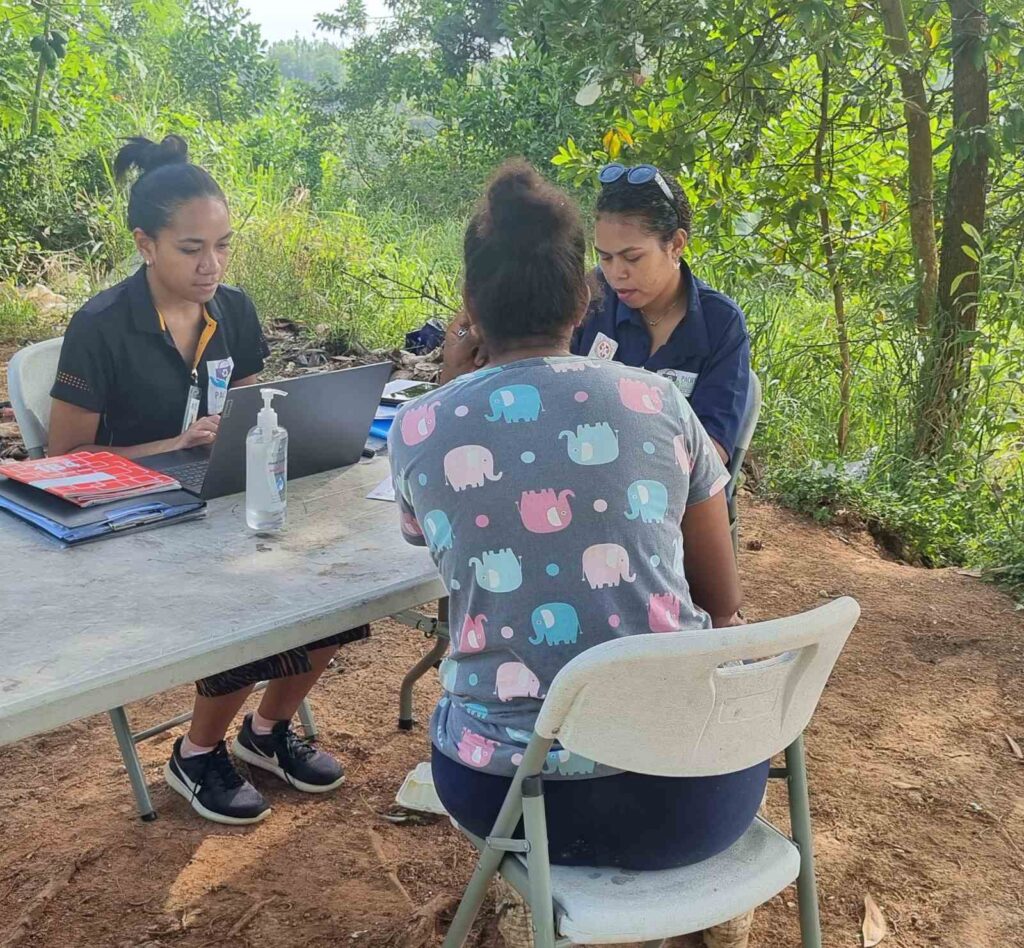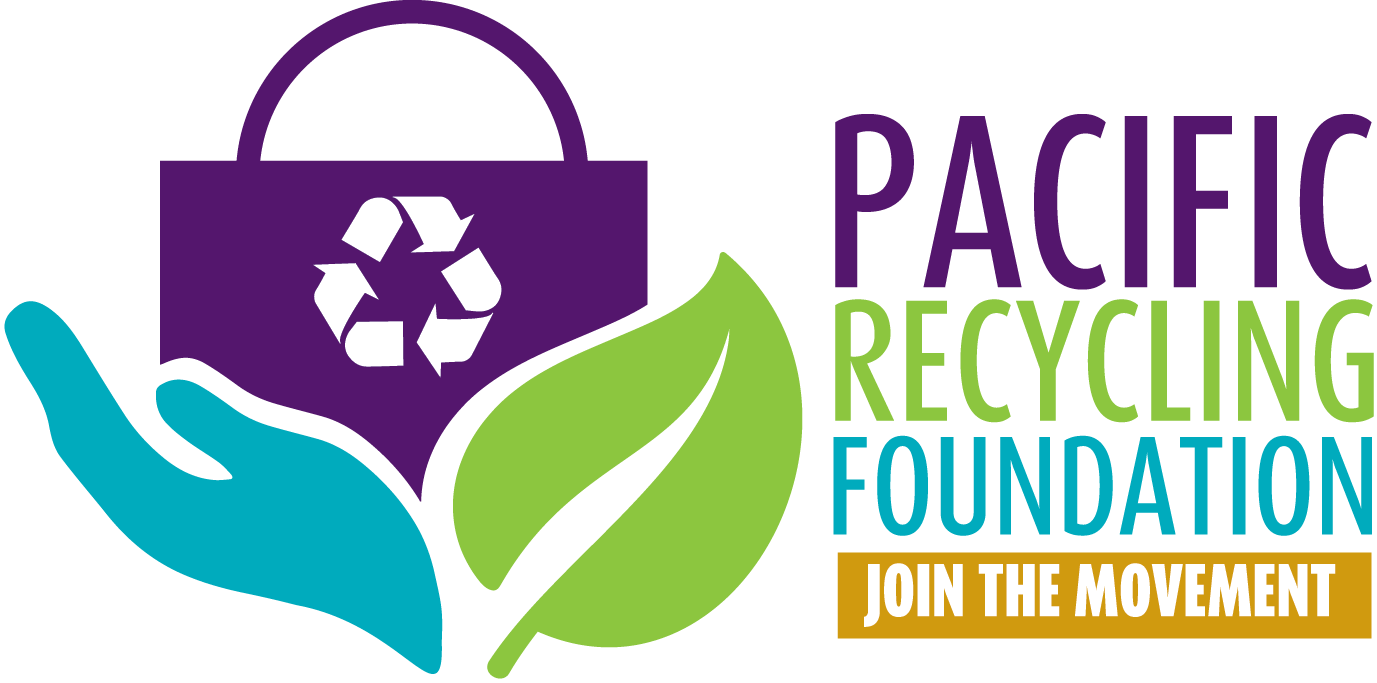“Pacific Recycling Foundation Stands in Solidarity with Collection Pillars of Recycling on International Waste Pickers’ Day, Calls for Global Support and Recognition”
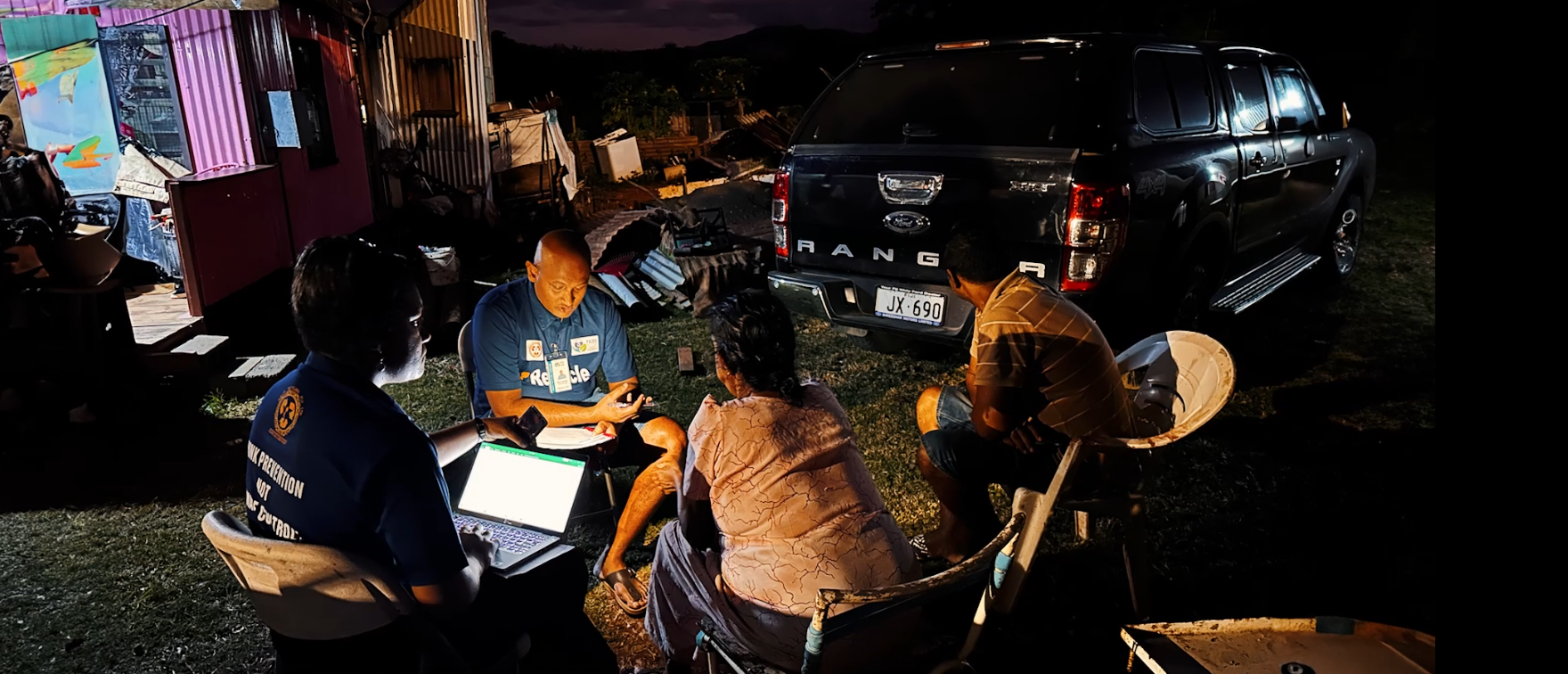
As the world commemorates International Waste Pickers’ Day today, the Pacific Recycling Foundation reaffirms its commitment to the upliftment and empowerment of those involved in waste picking, now called the Collection Pillars of Recycling (CPR), the unsung heroes of recycling who tirelessly contribute to environmental sustainability and community well-being.
Led by PRF Founder Mr. Amitesh Deo and Collection Pillar of Recycling (CPR) Ms. Salanieta Rogowalesi, PRF’s delegation is currently in Kathmandu, Nepal, for the Inaugural International Waste Pickers Alliance Asia Pacific Coordination Meeting.
This historic participation not only signifies a milestone achievement for PRF but also marks Fiji’s inaugural representation and engagement in discussions within the International Alliance of Waste Pickers (IAWP) in the Asia Pacific Region.
“At PRF, we are dedicated to amplifying the voices of those involved in waste picking and advocating for their rights to dignified work and livelihoods,” affirmed Mr. Deo.
“On this International Waste Pickers’ Day, we call upon governments, organisations, and communities to join us in our mission to provide structured support, empowerment, and recognition to those involved in waste picking worldwide.”
“Waste pickers, now called the Collection Pillars of Recycling (CPR), form the backbone of the recycling sector, yet they continue to face systemic neglect and social disparity,” stated Mr. Deo.
“Despite their essential role in waste management and recycling, these groups remain marginalised and vulnerable, confronting stigma and discrimination daily.”
“As we honour the memory of the 11 waste pickers brutally killed in Colombia, let us reaffirm our commitment to justice, dignity, and solidarity for waste pickers everywhere,” Mr. Deo emphasised.
The primary objective of the Asia Pacific Regional Coordination Meeting is to enhance the collective impact and influence of the International Alliance of Waste Pickers (IAWP) in the region. Key themes to be advocated include Just Transition, Zero Waste, Reuse, Livelihood, and Social Protection, with a special focus on the joint commemoration of International Waste Pickers Day on March 1st.
“Amidst the neglect, there stand approximately 20 million waste pickers worldwide, serving as the backbone of recycling for decades,” remarked Mr. Deo. He said in Fiji, PRF has interviewed over 1,000 individuals involved in informal waste picking and will soon reveal findings through a report.
“Their tireless efforts annually divert millions of tonnes of carbon dioxide from landfills and dumpsites. Yet, instead of being celebrated as environmental heroes, they are often overlooked and seen as mere vagrants.”
“However, the Pacific Recycling Foundation, with the support of its partners, took a significant step in 2022 to change this perception by renaming waste pickers as the Collection Pillars of Recycling, marking a milestone for Fiji and aiming to end the stigma attached to their work,” Mr. Deo added.
On this important day, PRF stands in solidarity with Collection Pillars of Recycling globally, recognising their invaluable contributions and advocating for their rights and dignity.
Together, let us build a world where those involved in waste picking are no longer invisible but celebrated as environmental heroes and agents of change.
Background Information: In March of 1992, in the Universidad Libre Seccional Barranquilla (Barranquilla University) in Colombia, 11 dead bodies were found. The victims had been beaten and shot. All of the victims were informal waste pickers, and they had been murdered by university employees. The waste pickers had been tricked by university employees to enter the building with the intent of recycling. Once inside, they were beaten and shot with the purpose of selling their bodies for research and organ trafficking. A survivor who pretended to be dead lived to tell the police about what had happened. In memory of this massacre – and in response to poor working conditions, and to the hostility that waste-picking communities face on many levels from society – March 1 was declared the Global Waste Pickers’ Day. (SOURCE: INTERNATIONAL ALLIANCE OF WASTE PICKERS)
